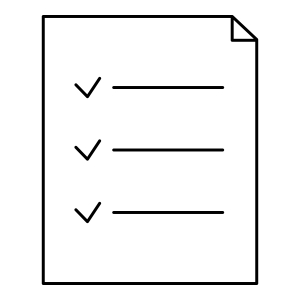Data from these weather stations will be combined with models and satellite observations to obtain much more insight into the distribution of water and energy stocks and fluxes in Africa. The weather stations give local people access to climate data that is relevant to their daily lives, help to understand the possibilities the African continent offers for agriculture and other water-related activities, and also train a new generation on how to do weather measurement.
In Ghana, TAHMO partnered up with a young social enterprise called Farmerline. They are a technology product company building supply chain and value chain solutions (such as mobile apps or voice message services) to integrate agricultural outputs of rural farmers in Africa and other emerging markets. Currently, the focus is on the cocoa farming sector. Pre- and post-harvest losses in cocoa in Ghana have been attributed to low adoption of technology and swollen shoot diseases. Estimates put losses as high as 30-40% of production. To solve this and improve water efficiency, farmers’ access to high-precision crop and weather monitoring is paramount to save stressed crops and thereby enhance food security. Currently, farmers only source of general weather information is occasional announcements on local TV stations and radio.
This problem could be addressed by providing weather data and subsequent farming tips to farmers. But how to ‘package’ the climate data generated by TAHMO weather stations into a service, targeted at benefiting small-holder cocoa farmers in Ghana? What local challenges should be addressed in designing the service? Students are also asked to work on the business model development for this service.
